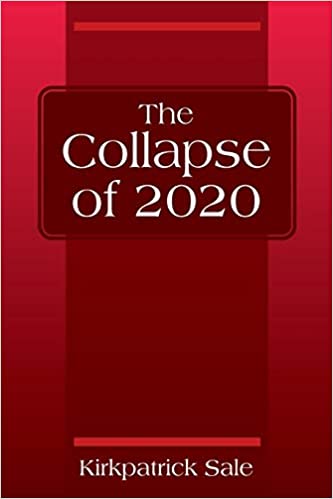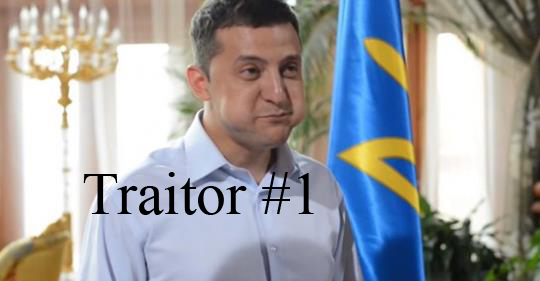As a starter, I want to know what is going on around me and around the world. Why? Now that question has several answers. The first is that it satisfies my curiosity. The second is that it is entertaining. The third is that I am drawn to the spectacle of disasters — both natural and man-made, like hurricanes, floods, crimes, riots and wars.
So far I have restated a view like that of George Carlin, the comedian of the “passing show.”
However, unlike George Carlin who cynically said “fuck hope,” I harbor, what perhaps is, a delusion of hope. I hope to somehow influence events for the better. That is why I am on Facebook, and that is why I have a site called “Escaping from Bullshit.”
But even if I have very little influence, there is at least the satisfaction of having — hopefully — a good understanding of what is going on, and of having expressed that understanding to others. As to influence on others, my efforts are probably like that of Sisyphus, Tantalus, and Prometheus, or the characters in “Waiting for Godot.” In other words, I am pessimistic, if not quite as cynical as George Carlin.
As to what is called “news,” it is a misnomer. It should be called something like “criticism of the passing show,” as contrasted with Carlin’s “laughing at the passing show.” Why do I say this? Because both the people presenting the news and the audience are deeply involved with value judgments. For example, they like what the President or Prime Minister is doing or they do not, and they may or may not have recommendations. And, I suppose, people want to have a target — a person to blame or praise. And they do. Everywhere there is a leader — a prominent and powerful President or a Prime Minister to criticize: a Trump, a Putin, a Merkel, a Macron, a Boris Johnson, etc., etc. — except in Switzerland. Those “unfortunate” Swiss do not have any specific person to blame for their “misfortunes” — whatever they are.
This focus on what a leader, or a government is doing, is ok as entertainment, but as far as criticism and protesting is concerned, it seems — for the most part — ineffectual, futile — at least for policy issues. If they are successful, at best, such serious protests (which are mis-called “revolutions”), they result in substituting a bad leader with possibly even a worse one. This is my sociological observation. The most world-wide protest, which I am aware of, was the protest against the U.S. invasion of Iraq in 2003. Yet, it happened. There are presently world-wide protests against ecological damage. I suspect they will be ultimately ineffective, and we will suffer the consequences.
What is needed is not “news” in the sense of “criticism of the passing show,” but a criticism and change (revolution) of the political, economical, and social INSTITUTIONS. In every country — except Switzerland — their Constitutions are assumed to be good — even praised. The criticism is that the Constitutions are not adhered to — that there is corruption.
In the United States right now, there is talk of a “Constitutional crisis” — meaning that President Trump is violating the principles of the Constitution, and they are calling this activity “imperial Presidency.”
From my perspective, the problem is that there is this institution of a President, to begin with. It seems crystal clear that if you give too much power to a single individual, he or she will tend to use it to his or her benefit at the sacrifice of everyone else. All countries should get rid of the office of a President or a Prime Minister, and adopt the Swiss example of placing the executive power in a council. Switzerland has a Federal Council consisting of seven individuals.



